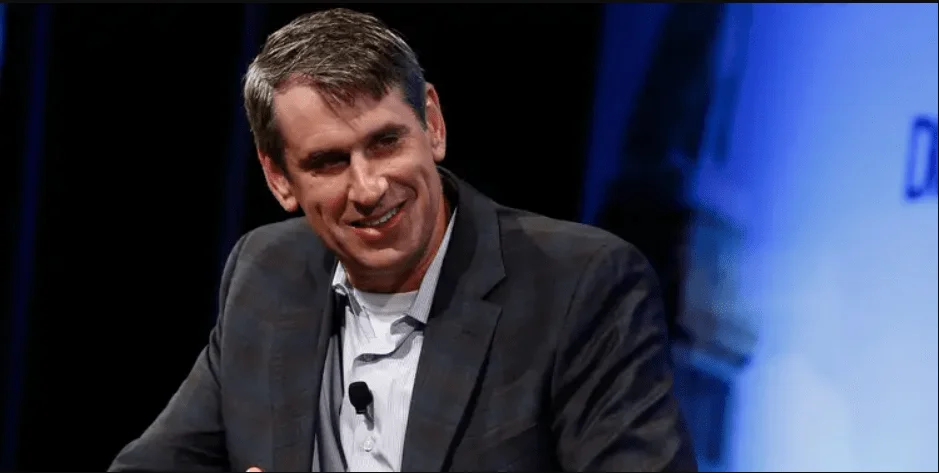The pragmatism and willingness to change displayed by the Ethereum community were the primary considerations that influenced tech investor Bill Gurley to make an investment in the second most valuable cryptocurrency.

As Gurley explained in an interview with Bloomberg on Wednesday, “I have to admit that I was swayed by the arguments of the Ethereum crowd, and I’ve taken a personal position, rather than something on behalf of Benchmark.”
Thanks @emilychangtv! Little long, but first part is important. THX to technology/Internet the flexible earning opportunities for individuals is set to explode (drivers, creators, et al). Mega lobbyist SEIU, wants everyone to have “shift jobs” invented long ago (& $420 from all!) https://t.co/YaBtFDYISR
— Bill Gurley (@bgurley) August 26, 2021
Uber, which has grown from a $11 million investment in 2011 to a market capitalization of more than $76.5 billion since then, is best recognized as Gurley’s venture capital investment. Gurley also serves as a general partner at Benchmark Capital, a Silicon Valley-based venture capital firm based in Menlo Park, among other positions.
Instead of admitting that he was “kinda late” to the realm of cryptocurrency because he was “busy with other things,” Gurley has stated that he “didn’t spend a lot of time on crypto.” This is in contrast to his early Uber bet.
This changed in April, when he spent “quite a bit of time listening and reading,” during which he developed a strong interest in the Ethereum blockchain technology.
“I’m swayed by the Ethereum crowd. The parties that are involved seem to be way more pragmatic, they seem to be open to change and are basically making several changes which I think will bring down fees and will be very beneficial. The developer community is clearly in the Ethereum camp,” Gurley noted.
As of late, the deployment of the London upgrade has put Ethereum 2.0, the blockchain’s ambitious multi-year development plan that promises to boost the network’s throughput while also reducing its energy consumption, into full stride, according to the blockchain.
One of the most significant advantages of Ethereum’s transition to a new consensus algorithm is that the proof-of-stake (PoS) consensus algorithm is significantly less computationally and energy-intensive than the current consensus algorithm—which is also used to mine Bitcoin, for example—and is therefore much more environmentally friendly.
The cryptocurrency industry as a whole has recently come under intense scrutiny for its influence on the environment, causing several developers and networks to take additional actions (some of which were extremely unconventional) to address these concerns.
According to Gurley, Ethereum’s shift to Proof-of-Stake (PoS) may potentially provide it with a competitive advantage over Bitcoin.
“I think there’s an ESG [Environmental, Social, and Corporate Governance] benefit once they move to proof-of-stake versus Bitcoin. It seems to me to be the smarter way to play it if you’re going to have crypto exposure,” he opined.
At the same time, Gurley stressed that he is not a crypto “maximalist” and isn’t arguing that people should “necessarily” get exposed to crypto.
